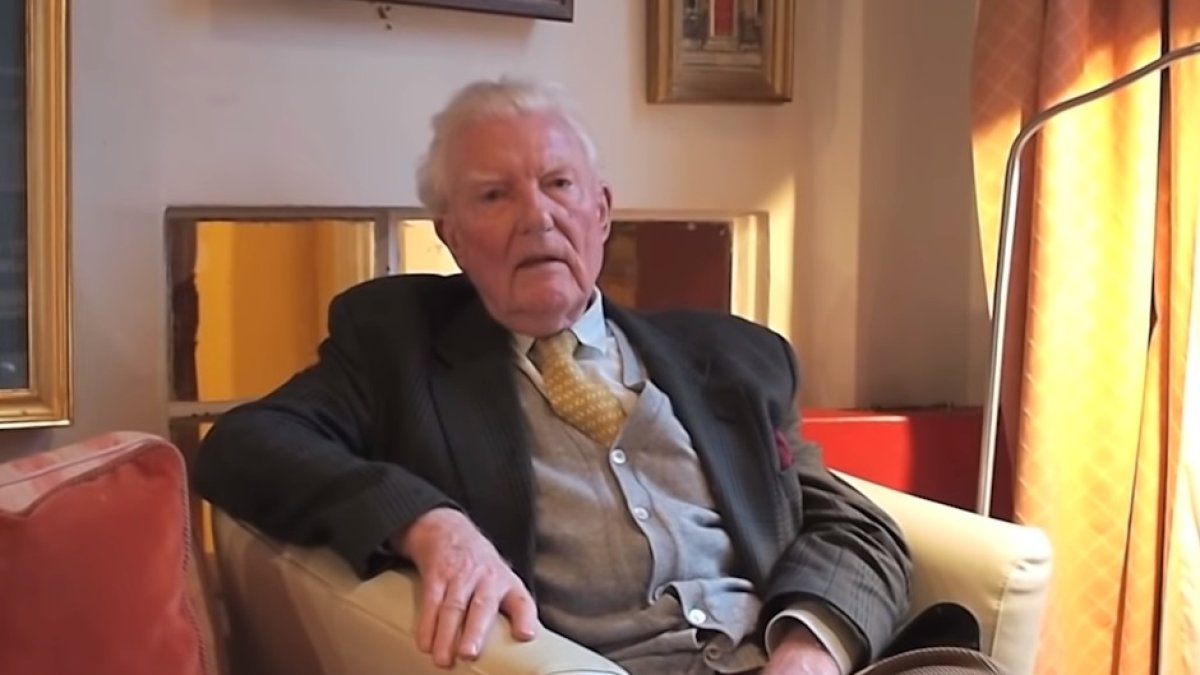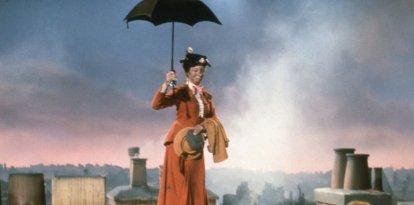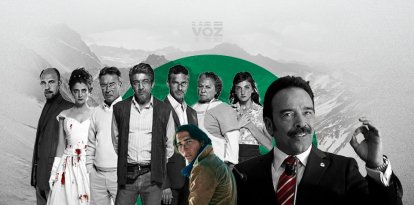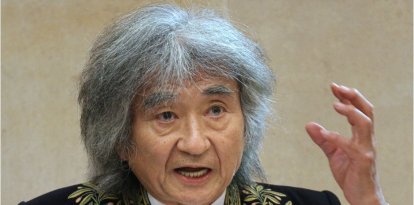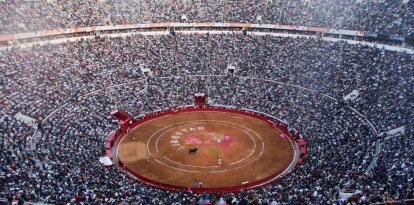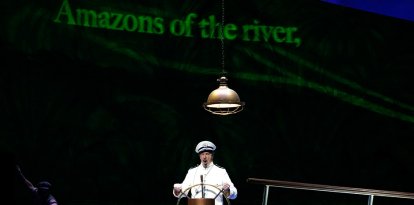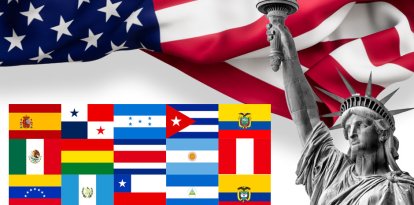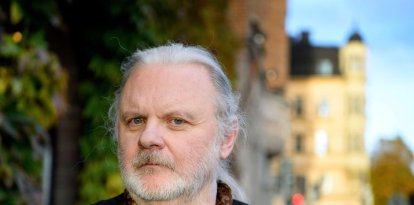He was a journalist, a historian, British, but above all Catholic. Who was Paul Johnson? He lived a life full of prolific work and experiences. Johnson met many of the great protagonists of the century in which he was born 94 years ago.
Johnson's impact was profound, and his obituaries have acknowledged as much. What do they say about this extraordinary man?
From left to right
The Telegraph emphasized his shift from the left to the right. It was a gradual change, made in an era of crisis in the United Kingdom and within the left itself. The country had fallen deeply under the Keynesian avalanche, and the promise of unbounded and unfettered prosperity led to the opposite, the Winter of Discontent in 1978, which prepared the arrival of Margaret Thatcher. From The Telegraph:
His disenchantment with the Labour Party took two or three years: there was nothing Pauline about this conversion, though his enemies said it had certainly struck him blind. In 1975 he outraged the readers of the New Statesman with an article describing the trade unions as "gangsters ... powerful men who conspire together to squeeze the community". The last straw came in 1977, the year of the Grunwick picket-lines, where non-union workers had been violently prevented from entering the printing firm where they were employed. The closed shop, he wrote, was the turning point for him; it was "the mark of Cain, blazed on the party's forehead". It reversed socialism's commitment to individual liberties and was therefore immoral.
Johnson the historian
To define him as a historian, The New York Times chose the following words:
Writing more for a popular audience than for the approval of specialists, he filtered his wide reading through an ethical lens. As a historian, he looked back to the Victorians, for whom readable prose was as crucial as archival research, and, like those old-fashioned moralists, he was fond of hierarchies. Whether the subject was Renaissance sculptors or American humorists, no era, nation, religion, politician, event, event, building or piece of art or music was safe from his need to compare and rank.
It's worth going back to 2015, when Steve Sailer penned this description of Johnson:
Johnson's memory for dates, insightful quotes, and amusing anecdotes is perhaps the most capacious of any English-language journalist of our time, exceeding even that of the late Christopher Hitchens. Johnson's colossal mental database, combined with his talent for pattern recognition, makes his books a stimulating combination of history and opinion journalism. On the other hand, Johnson's knack for hypothesis generation is so fertile that he never really has time to prove his ideas conclusively before he's off to the next one. Thus, he doesn't write definitive books, he writes provocative ones.
Intellectuals
The fact that Johnson was an intellectual, does not mean that he had an inordinate appreciation for those of his ilk. The Telegraph tells it like this:
He reserved fiercest scorn for what he called "moral relativism". For him there was no conflict between competing principles, no shades between good and bad. Right was right and wrong was wrong, and this applied to English grammar as it did to everything else. His 1988 book The Intellectuals was a somewhat curious corollary to this philosophy. In it he described, with much indignation, the unconventional lives of such as Rousseau, Marx, Bertrand Russell and Brecht, the suggestion being that if their personal morals were suspect their works must be impious also: "Their hero was Prometheus, who stole the celestial fire."
Tom Woods dwelled on this point in his book Intellectuals:
Another great one, and a book hated by all the right people, is Intellectuals. There Johnson examined some of the key thinkers of our time, who had a habit of devising, from their armchairs, grandiose plans for the human race that could be implemented only by violence. (Not to mention, most of these people turn out to have been scumbags in their personal lives, as Johnson amply documents).
Johnson also received criticism. We will not detail this further, but The Telegraph provided this assessment of how he was able to respond:
Yet he was a brilliant writer who, unlike his many critics on the Left, was usually able to weight his arguments with historical parallels. His history of England, The Offshore Islanders (1972), was the first of a number of such works which showed the huge range of his reading. It was grand-sweep history at its best, its epilogue carrying a warning against Britain's involvement in Europe and an attack on the revolutionary student movement quite unlike the rhapsodic hymn to the students at les évènements which he had written four years earlier.
Dealing with politicians
Johnson was an independent man and not easy to put in a box. Perhaps it was because of his iconoclastic character, to which Stephen Glover refers in the Daily Mail: "Johnson's iconoclasm was as much in evidence when on the Left as it later was on the Right. He railed against many aspects of the modern age, and in 1964 warned of 'The Menace of Beatlism'", in reference to John, Paul, Ringo and George.
He also dealt with politicians, and The Wall Street Journal briefly explained:
He was friends with many prime ministers, especially Margaret Thatcher. During Mrs. Mr. Thatcher's time in office, Mr. Johnson was her most avid supporter in the British press and sometimes served as her speechwriter. He later also struck up a lasting friendship with Tony Blair, the Labour prime minister.
But it was in the U.S. where his reputation rose highest. Former President Richard Nixon used to give his books as Christmas gifts, and Mr. Nixon was a great gift giver. Johnson became an intellectual guiding light for American conservatives such as Commentary magazine editor Norman Podhoretz and politicians like Dan Quayle and Newt Gingrich. He was awarded the U.S. Presidential Medal of Freedom in 2006 by then-President George W. Bush.
